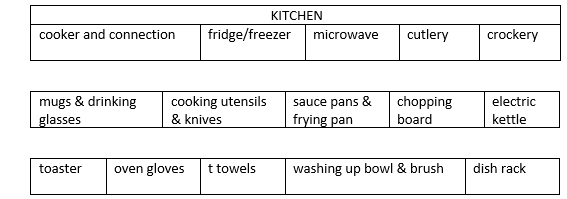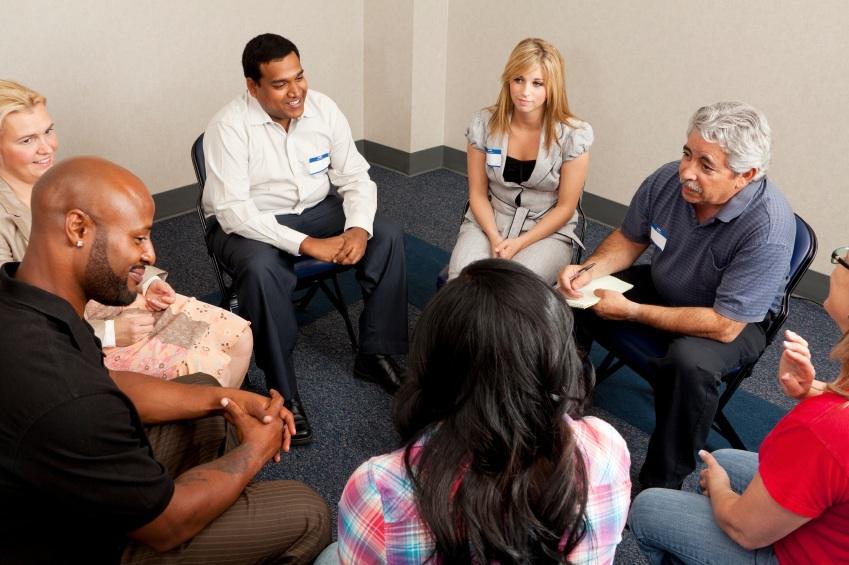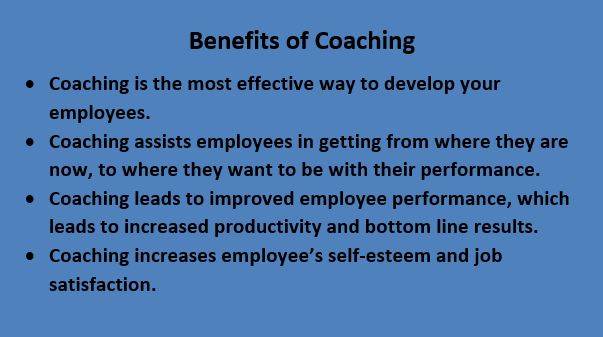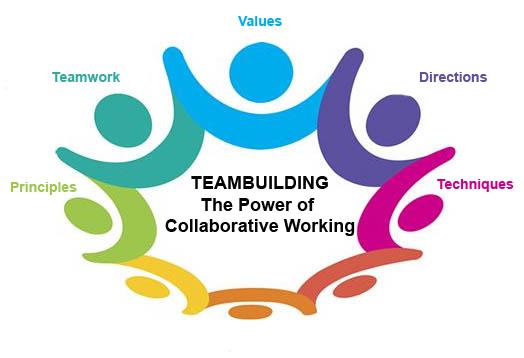A personal look at the role of a team manger
Organisational Expectations & Aspirations

What is a team manager?
A team manager is responsible for managing a number of workers or staff. He or she is basically described as a controller, monitor and trouble shooter.
This covers 3 prime areas, namely:
1. Task – the identification and meeting of the organisational goals.
2. Team – the interaction of the workers, staff or a group.
3. Individual – the personal and professional situation of the individual people in the team.
The quality of work in any organisation or setting is directly related to two discrete areas.
The first area concerns the philosophy and theory developed to attain the explicit goals of the establishment.
The second area, the subject of this write up, concerns the managers system adopted to attain these goals.
The team manager should be deeply aware of the interpersonal relationships and conflicts of the workers or group in which he or she is involved.

The team manager requires to have a broad professional base which enables them to mobilise the skills of workers from different backgrounds. This of course is vitally important if the team, organisation is to carry out the work effectively.
The team manager should primarily get to know all individual members of his or her team and have a good knowledge of their strengths, needs and perhaps weaknesses before the team manager can endeavour to mould individuals to operate as a team.
[This should be backed up with regular on-going supervision sessions, another write up I have discussed under – supervision support or team leader].
It must be remembered that good practice and service delivery is all about good team work, pooling information together, working for one another, in this way developing and hopefully to unite as a staff team or group.
[Again, another write up I have discussed under – team building & development].

How effective the team or group operates can greatly depend on the kind of influence the team manager has on others. In whatever way the team manger operates, he or she is the one responsible for the final decisions.
The effectiveness of the team is the seal of his or her personality, the method and total approach.
To the organisation the team manager or head of operations must bring administrative skills and managerial competence.
The complexity of the work can demand planning, the codifying of procedure, the development of clear, systematic rules which allow the establishment to function smoothly.
Only then can it pursue it’s true goals without hindrance. When these qualities are absent, the result is often a drab confusion.

Why have a team manager?
A team manager is necessary to supervise staff and team members. To control and stabilise a staff team, to organise and plan a working system suitable to meet the needs of the establishment.
The team manager also has an instructional role to teach skills, personally and professionally, to increase team growth, to review and plan further work and to support the workers through the problems encountered.
Again, the team manager has a monitoring role to ensure the tasks of the establishment are carried out effectively. To see that the needs and service delivery is carried out properly and met.
It is primarily the responsibility of the team manager to ensure that people in subordinate positions are properly informed of decisions and have the reasons for those decisions on policies, practice, procedures, plans and progress explained to them.
The team manager is needed to pass management information down to the team or group members, but as a spokesperson he or she also has a responsibility for communicating upwards to higher management the feelings the suggestions and the reactions of the team or workers
Also the team manager has to delegate the workload to the team or group. For effective working and good professional relationships, the team managers role as communicator is vitally important.
Communication can be handled in several ways, such as: phone calls, noticeboard, letters, emails etc, all important, but the most effective way is face-to-face communication.
Without this it is extremely difficult to perform and be successful as a team.

It is the duty and responsibility of a team manager to help develop and encourage good working professional relationships and trust within the team and organisation.
By honest polite and regular communication we should develop better working relationships.
A team manager attentively showing an interest, motivating, encouraging and being supportive towards the worker can go a long way towards achieving good working relationships and trust and that we hope may spread throughout the team and establishment.
One outcome from good team management which has improved staff relationships should be higher team and group morale.
It is important for a team manager to have contented staff. Hopefully with improved relationships, morale will be higher without the fear of underhand negotiations going on.
This should relax the staff team, workers and get away from feared pressures and ease any tension to boost egos and allow staff to concentrate on the task and of service delivery.
Another positive result of good team management should be increased staff motivation.
It is important for a team manager to inspire the staff or group. To involve the workers with the philosophy and theory developed to attain the explicit goals of the establishment and of the system adopted to attain these goals.
Good management will encourage new ideas and methods, lift self esteem and ensure that confidence is higher, this helped by shared responsibility and delegations.
The good team manager recognises that the strongest motivators come from giving responsibility which achieves successful results and by recognising and giving due praise to such success.
It is the duty of every team manager to ensure that the team is able to explore ideas and to develop professionally, especially if the member of staff is taking on training, perhaps studying and working towards a qualification or is new to the team.
To aid the staff team personally and professionally it is important that adequate time is given to subordinates to air their ideas and to discuss them.
Time should be found to encourage their active involvement in the organisation of the work and to develop strategies to improve the efficiency of the team.
By such means, a good team manager will endeavour to develop personal and professional skills of the team and promote team spirit.
It is the role of the team manager to help develop and maintain the high efficient standards.
The team manager must develop a team to become more and more competent through being regularly and effectively supervised.
The team manager should develop staff potential and ensure that everyone is working well individually and for each other.
The team manager must ensure that all staff feel responsible for keeping up good working systems to help the smooth running of the establishment and that all workers continually feel valued as individuals and as part of a successful team.
========

========
Hopefully we can identify that good team management will lead to a sequence of benefits.
Such as: improved communication and to successfully inspire the team, building upon better working relationships, trust and morale, developing individual and team skills, that can raise professional standards and promote team and service delivery.
A TEAM IS A REFLECTION OF IT’S LEADERSHIP
Here, I have discussed some of my own personal thoughts and views on a team manager role, and in general management skills.
========
Team management support tailored to meet your organisation aspirations.

Wise saying/quote!
“Don’t judge a book by it’s cover.”


 INCOME V EXPENDITURE
INCOME V EXPENDITURE














































Recent Comments